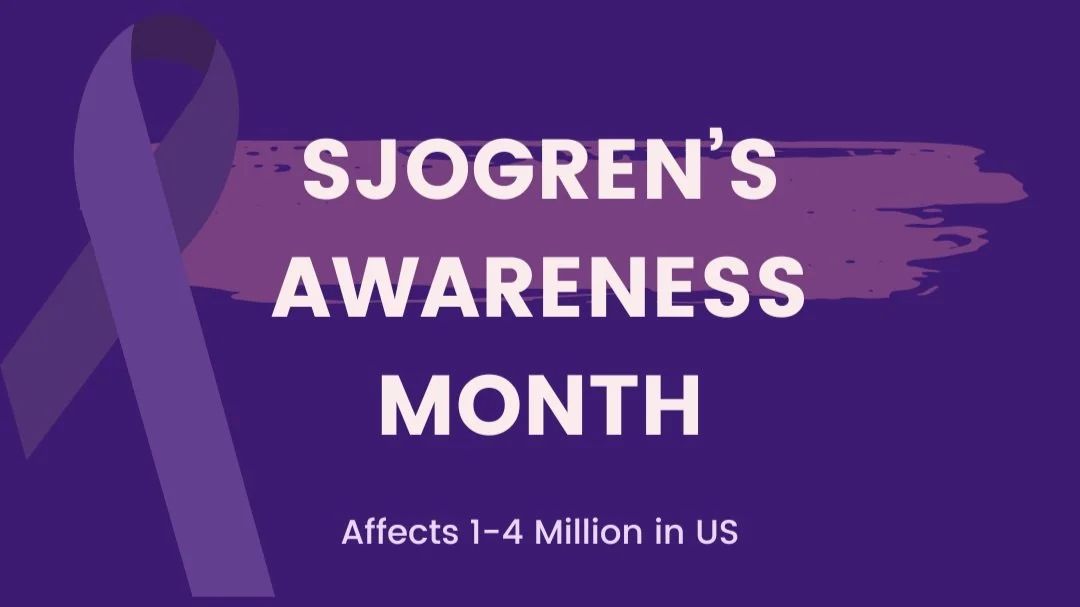A dizzying, (mind) numbing journey to diagnosis
A dizzy spell
In July 2014, the night before she was supposed to take her mother to a musical in Toronto, Christina woke up to find the room spinning, feeling as though she had just stepped off a carousel. Her head felt heavy as she crawled nauseously towards the bathroom. She went to see a doctor, who diagnosed her with vertigo.
But it lasted for weeks, and simple thinks like taking the subway to work, became increasingly difficult because of her constant dizziness and sensitivity to light and sound. Her head felt heavy, so she compensated by moving her head to the right in an effort to keep herself upright. Concerned by these symptoms, she returned to the doctor.
The doctor thought she might have meningitis and sent her to the Emergency Room (ER), but it was quickly clear that meningitis wasn’t the problem: the ER doctor said she would have been ‘dead already’ if she had meningitis. After a series of tests and general questions (but no blood work), she was again diagnosed with vertigo and sent home with some medication.
Numbness
Six months later, Christina experienced a second set of symptoms including leg numbness, starting from the toes and making its way to the hip. The waves of numbness were short-lived and would subside in a day or two. Again, she jumped from doctor to doctor, and chiropractor to chiropractor, with little success. She was diagnosed with ‘poor posture, pinched nerve, and spine shift.’ One doctor concluded that her condition was directly related to a recent car accident.
The numbness stopped, but after a few months it returned and her entire lower body became numb. It felt as if her legs were asleep or “jelly-like”. Because the numbness was now originating in the lower back rather than the toes, she was diagnosed with sciatica.
In 2016, Christina’s teaching career took her to Australia, and she experienced another relapse of leg numbness. She saw yet another doctor and was diagnosed with Guillain-Barré syndrome. But Guillain-Barré syndrome goes away. Christina’s symptoms had been coming and going for two years.
She went to yet another doctor, one who specialized in the muscular system. This doctor told her that recurring numbness was far from normal, and sent her to the ER. By the time she arrived at the hospital, she had no sensation from her chest down. The ER doctor asked her questions about her family medical history and her stress, and ordered some tests.
Two years later, tests and a diagnosis
She first took the pin prick test, and she felt nothing. Next, the doctor used a Rydel-Seiffer tuning fork to see if she had feeling in her foot. Again, she felt nothing. She saw the head of neurology, and Christina knew this was not good. He ordered a spinal tap to see if her symptoms could be from stress, cancer, or a neurological disorder. The spinal tap showed Myelin Basic Protein (MBP) in her spinal fluid. This meant that something was breaking down the myelin sheath that surrounds the nerves in the spinal cord. The doctor ordered an MRI, which showed scarring and lesions. And finally, a blood test was positive for IgG antibodies.
Christina returned to the hospital a few days later, and the doctor told her Christina she had multiple sclerosis (MS). She was only in her mid-20s, 14 years younger than the average age of diagnosis. Vitamin D deficiency, along with her Italian ancestry, are believed to have increased her susceptibility to the disorder. It was ironic that she was diagnosed in Australia, more than 8,000 miles from her home in Toronto, Canada, also known as the MS diagnosis capital of the world.
Christina takes Copaxone, a drug that prevents T cells in her immune system from attacking the myelin sheath. Though the drug does not cure MS, it reduces the the number and severity of relapses. Unfortunately, MS also took a toll on Christina’s mental health, so she takes Cipralex to manage anxiety and depression and uses medicinal marijuana in the form of CBD oil to reduce muscle spams and help her sleep.
MS has had changed Christina’s life in many ways, but she does not see MS as a curse. She is very thankful she has a correct diagnosis, but she worries what the future holds. She wonders if she will have another relapse, she questions whether she will be able to have children, and fears what will happen if she becomes wheel-chair bound. These uncertainties fill her mind as she continues her day-to-day life. But for now, Christina has MRI and mobility tests annually, and there have been no new lesions so far. She hopes her story will help others in their diagnostic journey.













